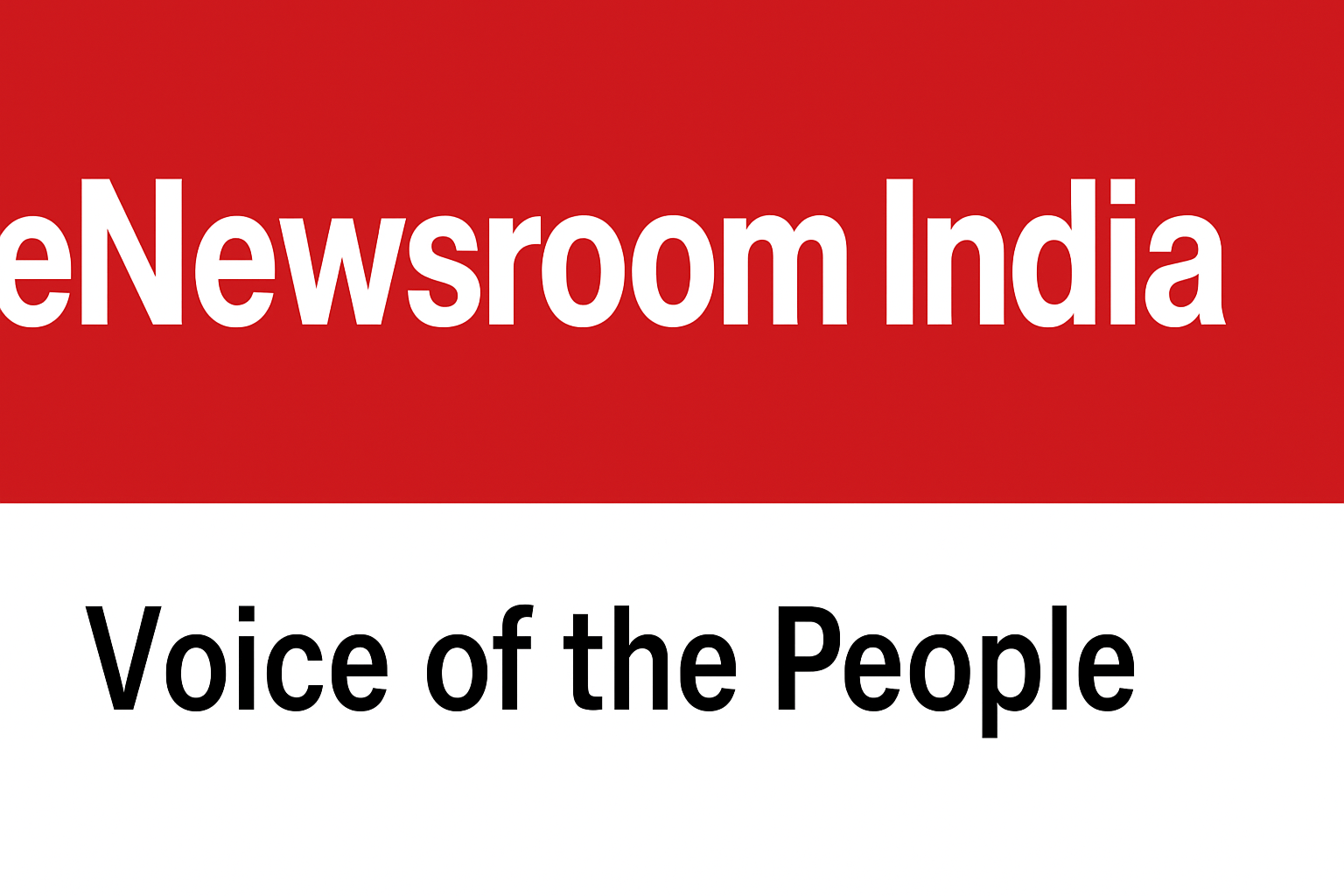[dropcap]A[/dropcap]n election in a democracy is more than just votes; it is the starting point for justice and equality—the very soul of democracy.
Our forefathers were the midnight’s children who, without restrictions based on caste, gender, or economic status, participated in India’s very first election. The leaders of that impoverished India adopted universal adult suffrage, giving all men and women a voice in nation-building through the right to vote—unlike in the past, when voting rights were restricted by property, tax payments, and education.
It was adopted almost without debate in the Constituent Assembly. Yet, the RSS opposed this universal franchise in 1949 and again in 1951–52, through several writings in its mouthpiece, Organiser.
Our first election, then, was not just an event—it was a statement: Inclusion. Enfranchisement. Equality.
Today, however, the Election Commission of India’s actions resemble disenfranchisement. A flawed Special Intensive Revision (SIR) is risking mass deletion of names, and an unofficial NRC is creeping into Bihar.
While voters fear being erased, Chief Election Commissioner G.K. Gupta pats himself on the back, ignoring growing alarm over the flawed SIR.
The ECI has removed commonly used IDs—like Voter ID, Aadhaar, MGNREGA card, and ration card—from its accepted list, replacing them with 11 obscure documents. This is a cruel joke on vast, unempowered populations.
As most of the 11 documents are inaccessible, the 10th-grade matriculation certificate effectively becomes the main requirement.
What about the poor, Dalits, Adivasis, minority Muslims, and women who have never even entered a school?
According to NFHS-2 and NFHS-5, only 45–50% of 18–40-year-olds in Bihar are matriculated.
As of 2019–20, there was a 10% gap between male and female matriculation rates.
The 2011 Census recorded Bihar’s female literacy rate at just over 53%—a full 20% lower than male literacy.
If the 10th-grade matriculation certificate becomes the basis of voter legitimacy, it would deprive poor and uneducated masses of the very right our founding fathers gave them.
One must also ask: can the people of India’s poorest state, Bihar, afford to spend on something that offers them no financial return? According to the Bihar Caste-Economic Survey 2022, 63% of the population lives on less than Rs 10,000 a month.
Caste survey 2022, Bihar’s poverty level among social groups:
- SC – 42.93%
- ST – 42.7%
- EBC – 33.58%
- BC – 33.16%
- Gen – 25.09%
- Muslims:
- Sheikhs – 25.84%
- Pathans (Khan) – 22.2%
- Sayyids – 17.61%
Many survive on less than Rs 6,000 a month—or just Rs 200 a day.
Inclusion in electoral rolls doesn’t directly bring government benefits—so should these people spend a quarter, half, or even a full month’s income just to stay registered? Should they run from pillar to post just to gather these scarce documents?
Lakhs—perhaps crores—of Biharis are migrant workers, short-term or long-term, in different parts of India. What about them?
Is this not risking the exclusion of their names from the voter list?
The Representation of the People Act, 1950, states: “A person absenting himself temporarily from his place of ordinary residence shall not, by reason thereof, cease to be ordinarily resident therein.”
Electoral roll manuals further clarify that such people will be treated as ordinary residents as long as they have the ability and intention to return.
And all this is happening just months before the polls. One must ask—who is the real ‘Sir’ behind calling this SIR?
What else can this be called but an attack on democracy itself? What else but a calculated exclusion of those at the bottom of the social hierarchy—all under the guise of a draconian policy?


